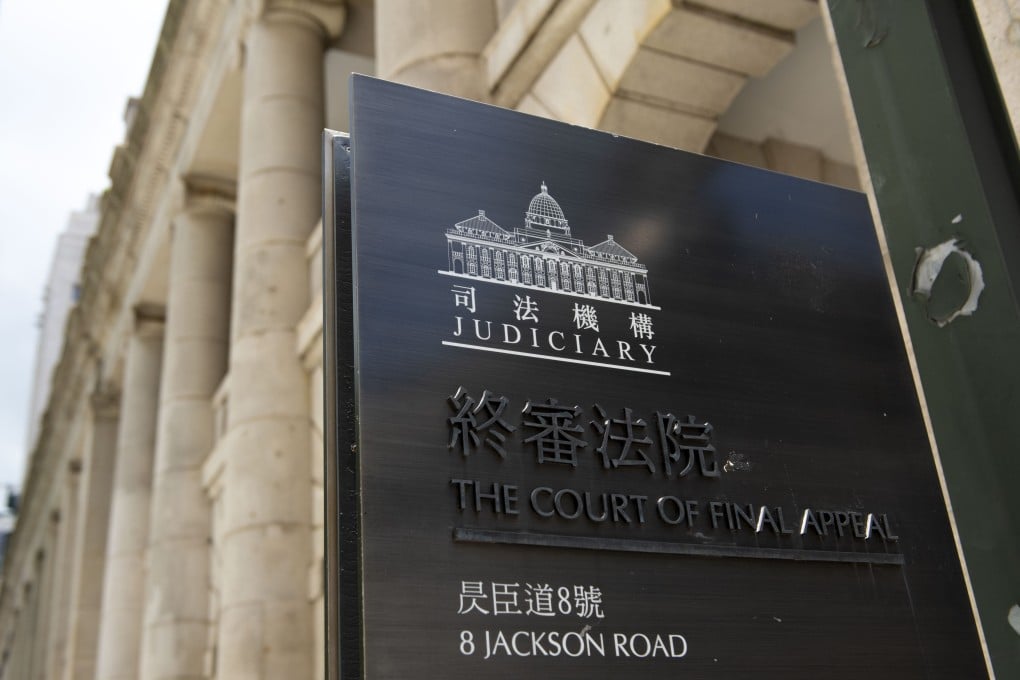At least 4 foreign judges pledge to remain with top Hong Kong court after UK pair quit
- Three Australians and one Briton say they will remain as non-permanent judges of the Court of Final Appeal

Chief Executive John Lee Ka-chiu also said on Friday that the judicial system’s independence and operations would not be affected by the resignation of Lawrence Collins and Jonathan Sumption, two British non-permanent judges appointed to the Court of Final Appeal.
Collins told the Post on Thursday he had resigned “because of the political situation in Hong Kong”, but added that he continued to have the “fullest confidence” in the court and the total independence of its members.
Of the eight remaining overseas non-permanent judges on the top court, three are from Britain, four from Australia and one from Canada. They are aged from 71 years to 90. Four of them told the Post on Friday they had no intention of quitting.

British judge David Neuberger, appointed to the top court in 2009, was among those pledging to stay on.